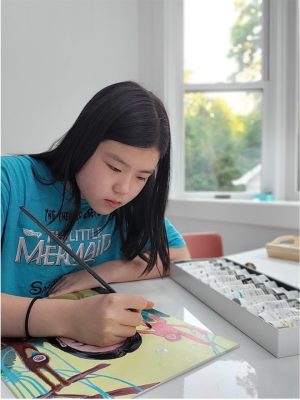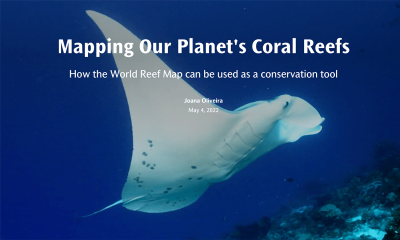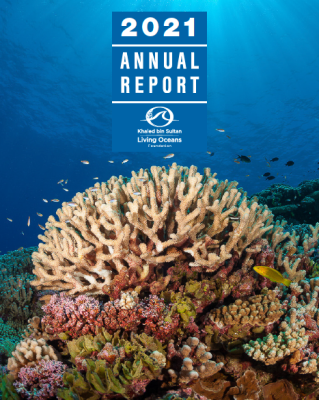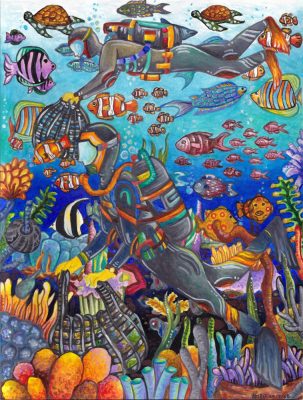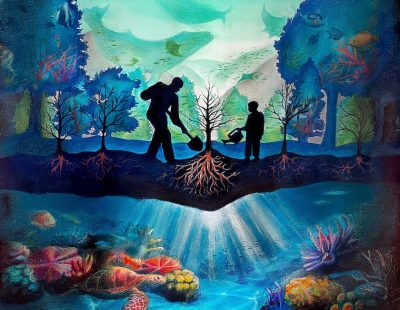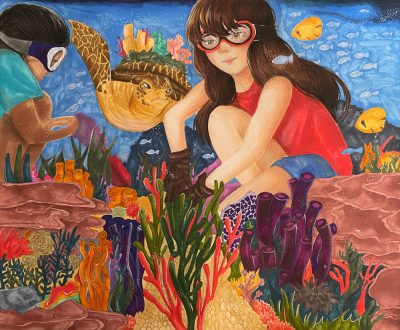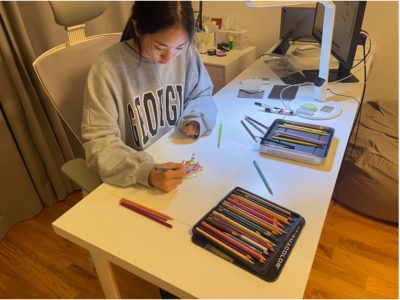
Meet Yeonjae, Our 2022 Art Contest 1st Place Winner (Ages 15-19)
Yeonjae is a 16-year-old student at Seoul Foreign School in the Republic of Korea. For the past two years, she has been taking lessons at a private art studio to advance her art skills, so that one day she can

